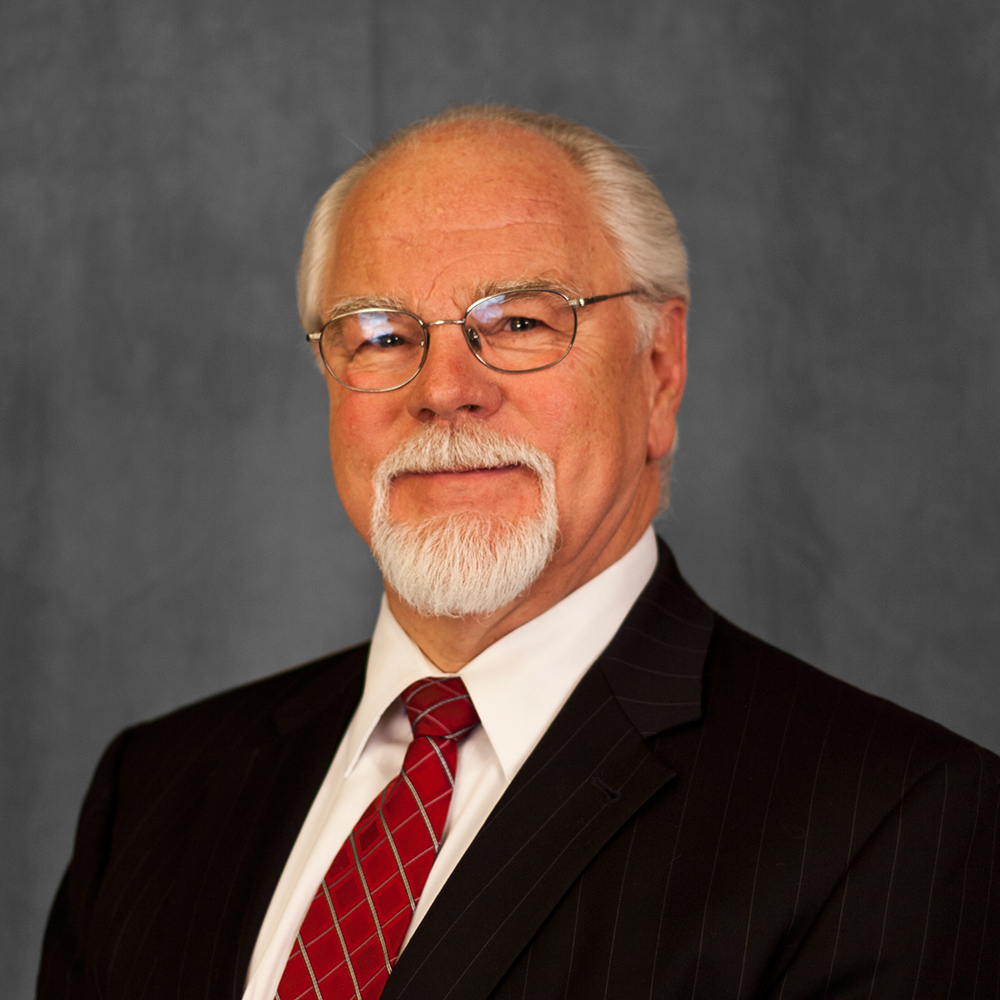Call us: (414) 276-2850
NLRB's Proposed Rule on "Quickie" Elections Criticized
Posted by Attorney David McClurg in Labor Relations / Comments
Given congressional inaction on the Employee Free Choice Act (“EFCA”), President Obama’s appointees on the National Labor Relations Board (“NLRB) have dusted off agency rulemaking powers last used by the Board in 1989. After proposing a rule requiring employers to post a detailed notice of employees’ rights to organize for collective bargaining purposes, the NLRB recently announced another proposed rule that would dramatically shorten the period of time between the filing of a petition for union election and the election itself. Recent hearings on the proposed rule drew sharp criticism from the business community on the rule’s key provisions:
- Quickie Elections – Elections are generally held within 42 days from the date a petition is filed under current procedures. The proposed rule requires the election to be held at the "earliest date practicable" which could be as little as 10-15 days after the petition is iled. This compressed time frame would severely limit an employer’s opportunity to educate its workforce on the company’s views about unionization.
- Voter Lists - Within 2 days of the direction of an election, employers must provide names, addresses, telephone numbers and email addresses for all eligible employees. Failure to provide the required information may result in setting aside an election.
- Hearings/Position Statements - A hearing must be held within 7 days to determine voter eligibility issues, including whether the unit (the departments or work groups) petitioned for by the union is appropriate. Prior to the hearing, the employer must submit a statement of its position regarding the unit, voter eligibility or any other issues, and failure to raise an issue results in waiver - meaning that the unit or voters cannot be challenged later.
- If any challenged voters constitute less than 20 percent of the proposed unit, the hearing is concluded and the vote occurs. Any challenge would have to be made after the election. This could
be particularly troublesome if the union attempts to include employees that the employer views as supervisors, because the company would not be able to use them to communicate with employees or involve them in a campaign even if it is later proven that they are supervisors.
The NLRB’s lone Republican, Brian Hayes, dissented from the proposed rulemaking, noting that the current election process operates soundly, and provides timely and fair resolutions in the vast majority of cases. He stated that the Board’s proposed rule “tilts heavily against employers’ rights to engage in legitimate free speech and to petition the government for redress” without making “any attempt to identify particular problems [in the existing] process.” He noted that the Board’s actions are “in apparent furtherance of the interests of a narrow constituency, and at the great expense of undermining public trust in the fairness of Board elections.”
The proposed rule can viewed and comments to the proposed rule can be submitted on line, until August 22, 2011.

